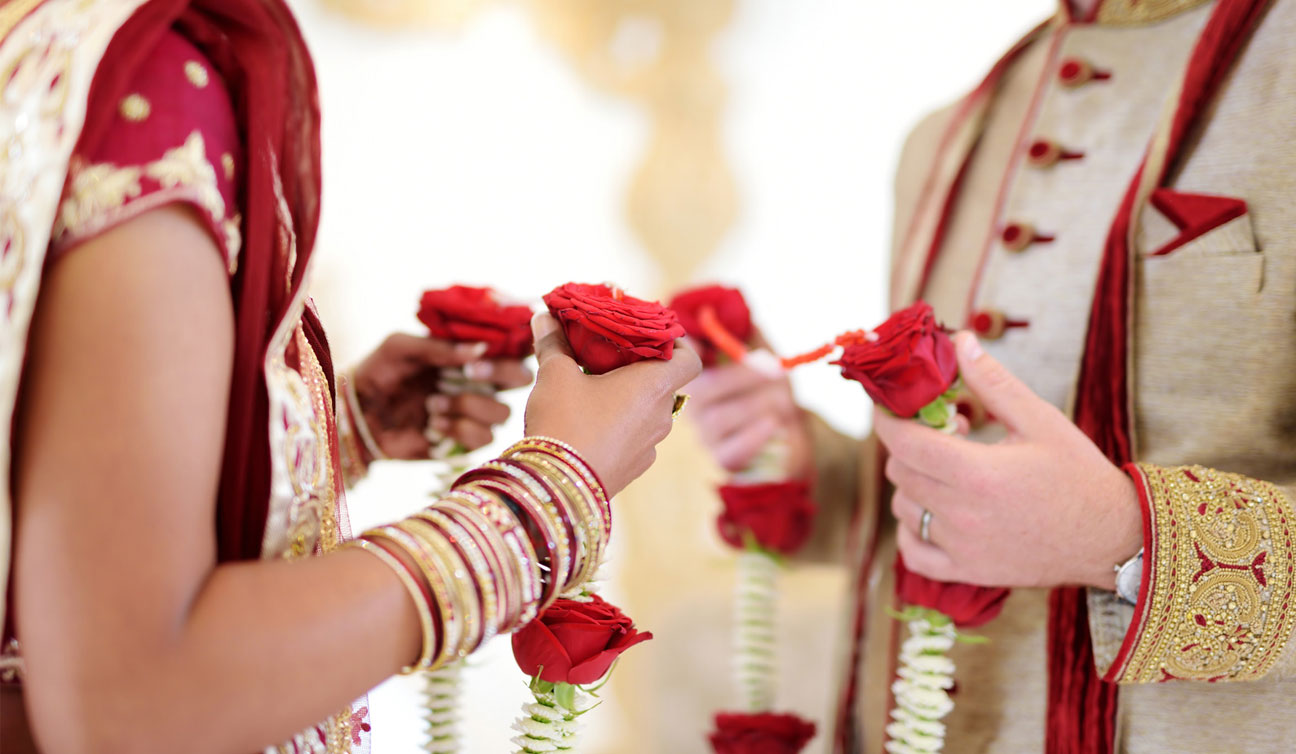his article discusses the process for annulment of marriage in Hindu law. There are certain grounds for annulment of marriage that are listed in the article, whilst also discussing the procedure and persons who can seek annulment in Hindu Law.

As per Legal terminology, the term annulment refers to making a marriage null and void/voidable; in case the marriage is void ab initio (which means the marriage is considered to be invalid from its inception), then it shall be automatically null, even though the statement of nullity is required to be established.
Annulment is a legal process for declaration of marriage as null and void. It can only be stated null and void if there are certain legal requirements that were not met at the time of the marriage and then it is considered to have been never existed, legally. Such process is known as annulment, which is very different from divorce. The clear distinction between annulment and divorce is that the annulment refers to the marriage, which never existed at all whereas the divorce dissolves an existing marriage.
The grounds for a marriage annulment vary between different jurisdictions but are limited to fraud, bigamy, blood relationship and mental incompetence and includes the following situations as well:
As per Section 11 of Hindu Marriage Act, 1955, which deals with void marriages, described marriage solemnized after the commencement of the Act shall be null and void and become null and void by presenting a petition through any party on the basis of the above mentioned grounds.
Concept of Bigamy – In case any spouse is still legally married to another person, at the time of a new marriage to another person, then the marriage is considered to be void and no requirement for applying the annulment before the court is mandatory.
Any party to the marriage can file an application for the annulment for declaration of the marriage as null and void. However, this is just a procedure to be brought on record before the court and is done as precaution so that in future, no question of void marriage can be called.
A voidable marriage is basically a legal marriage which can be cancelled by any one of the parties to the marriage and is contested in the court on the basis of the below mentioned grounds:
Below are the parties who can file the petition before the concerned court for the annulment of the marriage:
Basically, the process of annulment of marriage is not a common process therefore a person applying for the annulment has to meet the residency requirement where he/she is staying. Thereafter, the person can file the petition where he was born, the marriage was solemnized or has been living together and has to stay for continuous 90 days period before filing the application. The procedure for the annulment is almost similar to the divorce proceedings and can be filed by any party. However, the divorce is considered to be the most complicated process as compared to annulment.
Legitimacy of Children after the Annulment of Marriage
If a child is born out of a wedlock, which is subsequently declared to be null and void, that child will not be considered illegitimate but he shall be considered legitimate despite the marriage being illegal from its inception. The section provides a cushion to the children of void marriages and prevents them from being bastardised.
Rights of Children to Property Inheritance after Annulment of Marriage
a) The status of legitimacy, that is declared by section 16, is part of the incidence of birth.
b) The children born in a void or voidable marriage, should be legitimate. If they were declared legitimate, then they cannot be discriminated against and they will be on a par with other legitimate children and be entitled to all the rights in the property of their parents, both self-acquired and ancestral.
c) The deemed status of legitimacy entitles such children to inherit and demand partition of only the properties of their parents and excludes any other properties. In the case of joint family property, such children will be entitled only to a share in their parents’ property but they cannot claim it on their own right. Logically, on the partition of an ancestral property, the property falling in the share of the parents of such children is regarded as their self-acquired and absolute property.
Right of Claiming Maintenance by a Woman after Annulment of Marriage
Unilateral divorcees (wives) whose marriages stand terminated by acts of their husbands and persons whose marriages have been terminated by intervention of Courts at the instance of either spouse, are certainly included within the sweep of the inclusive definition of “Wife”. The Legislature, by a bold intervention, included women of such terminated marriages also within the sweep of the expression “wife” subject to an important condition that they should not have re-married.
The issue of right to maintenance under Section 25 of the Act, to a woman whose marriage is in contravention with Section 5(i) of the Hindu Marriage Act 1955, and has been declared null and void by a court, has been faced by various High Courts as well as the Supreme Court, and the courts have given different views depending upon the facts and circumstances of each case.
The Supreme Court in the matter of “Smt. Yamunabai Anantrao Adhav A vs. Ranantrao Shivram Adhav And Ors.” discussed the issue of granting maintenance and accordingly held “that the marriage of a woman in accordance with the Hindu rites with a man having a living spouse is a complete nullity in the eye of law and she is not entitled to the benefit of section 125 of the CrPC”. However, various High Courts have observed and it is a generally accepted rule that even in such cases, that the wife is entitled to maintenance under sec. 18 of the Hindu Adoptions and Maintenance Act, 1956 and under section 25 of the Hindu Marriage Act, 1955.